Politicon.co
Same old faces, different issues? Western analysts debate Ukraine
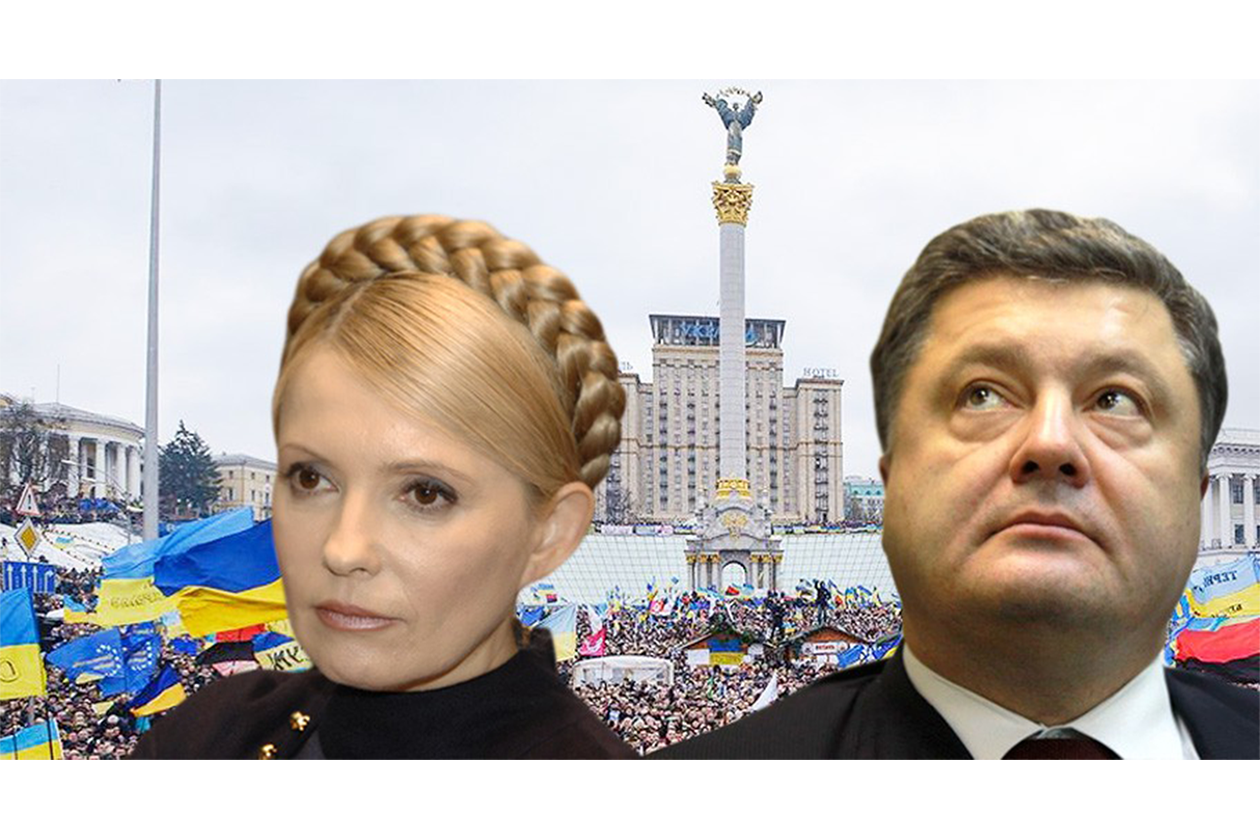
Barring some unforeseen late events, the second round of the Ukrainian presidential elections this spring is likely to see a repeat of 2014, with incumbent Petro Poroshenko facing his long-time adversary Yulia Tymoshenko.
Dealing with realities, there are likely four candidates with the financial and organizational backing to stay in the race: Poroshenko, Tymoshenko, Zelensky, and Boiko. The latter, a former Vice Prime Minister under Yanukovych, is associated with the Opposition Bloc, and has little chance with his major potential support being in the occupied eastern zones. Zelensky is a TV personality with no political experience and indeed no policies. The most recent polls show that although Tymoshenko is leading, Poroshenko’s campaign has some momentum and the two are likely to lead the first round of voting.
The contest seems to have polarized Western analysts. Taras Kuzio, who three years ago dismissed Poroshenko with disdain, noting correctly that Poroshenko was one of the five original founders of the Regions Party that brought Viktor Yanukovych to office in 2010.
He also revealed that among his [Kuzio’s] interviews with government troops in the conflict zone he could not find a single voice of support for the president. Yet he has now performed a volte-face and is supporting Poroshenko in the 2019 campaign.
In turn, his former idol, Tymoshenko is now compared to the late Hugo Chavez and current/recent leader Nizolas Maduro of Venezuela and would lead Ukraine to authoritarianism. Kuzio seems particularly incensed with German analyst Andreas Umland, who maintains that Westerners would do well to take heed of Tymoshenko’s campaign as she is well ahead in opinion polls and likely to win, with polls leads in 22 out of 25 regions.
Perhaps the question to ask of Kuzio, who has never been the most reticent of commentators, is what has changed in three years for him to change his views so radically? His answer might be—as he has stated—that Poroshenko is the only political leader in Ukraine to stand up to Russia and ensure that Vladimir Putin has “lost Ukraine for good” through attaining independence for the Ukrainian Orthodox Church, cutting off communications, etc. While the Russia comment is far-fetched, it is true that Poroshenko has adopted the role of patriotic defender of Ukraine.
Whereas Umland and Kuzio are both, to some extent at least, Kyiv-based observers, those more distant have also come under fire of late for what appear to be naïve and uninformed comments on the current situation in Ukraine. The Kyiv Post devoted an editorial to demolishing a recent commentary by Alexander J. Motyl for being out of touch with reality. In turn, supporters of Motyl, whose views have always been quite optimistic on Ukraine’s reforms and changes, rushed to his defense on social media.
Ukrainian politics have always been divisive, but perhaps never more so than in 2019. There is no consensus on Poroshenko or Tymoshenko, and having never occupied the office of president, the latter is free to say what she wishes. Poroshenko has tried to save his presidency in similar fashion to Viktor Yushchenko (2005-2010) by embracing what are likely to be popular causes: embracing the West, moving away from Russia (which remains Ukraine’s biggest individual trading partner), and taking leadership in the struggle over the Orthodox Church.
For many Ukrainians, many of these issues are somewhat remote from their daily realities. Ukrainians do care about the continuing conflict in the east, which shows few signs of ending. They care about high prices, low wages, inflation, unemployment, corruption, and the evident lack of material change. They care about the fact that Poroshenko retains his business empire, retains assets overseas, and has had little impact on reducing corruption. They have little time or respect for politicians in general, and the negative ratings for both Poroshenko and Tymoshenko are far higher than the positive ones.
This is not to say that Motyl is completely wrong when he speaks of progress. There has been some but far less than most anticipated in 2014. Unfortunately, however, none of the presidential candidates seems to be harbingers of fundamental change other than Tymoshenko—at least in terms of rhetoric.
The 2016 edition of Kuzio has explained why Poroshenko is highly unpopular. But should anyone take seriously the election promises of Tymoshenko’s New Course: to lower gas prices, end the war, and join NATO virtually the moment she takes office? The latter two seem contradictory. She has introduced the notion of a constitutional referendum, and a proposed National Assembly of Self-Government as well as a new Constitution: a parliamentary system would eventually replace the current presidential one.
It all sounds very appealing: a populist campaign to induce voters to see her as the candidate for change rather than a seasoned politician who has twice taken on the role of Prime Minister, and—it should be added—non-too-successfully with her terms in office more notable for internal bickering than positive reforms.
Populist campaigns tend to make promises and avoid difficult questions. How will the conflict in the east be resolved? Can the current monopoly of oligarchic candidates be changed? Can the economy be made competitive, as Tymoshenko claims, without incurring further debts? Can Ukraine change its current reliance on Russian-built (and largely fueled) nuclear power stations? Is it feasible to reduce Russian imports in 2019? Is it feasible to provide more autonomy to the Donbas if it is returned to Ukraine? And if so, how much?
Ultimately, the voters of Ukraine may decide that the status quo, difficult as it is, remains a preferable alternative to the utopian future offered by Tymoshenko.
About the author:
David R. Marples is Distinguished University Professor, Department of History and Classics, University of Alberta, Canada.
![]()
- TOPICS :
- Domestic affairs
- REGIONS :
- Eastern Europe
- Russia and CIS

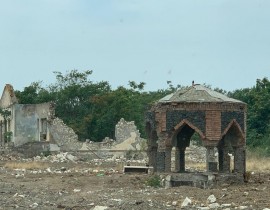
png-1748065971.png)
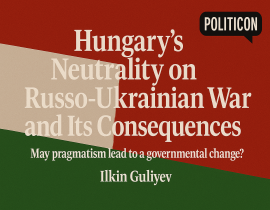
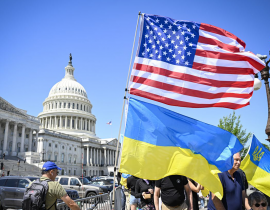


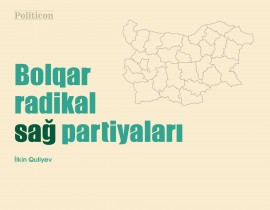
jpg-1599133320.jpg)

